Search results for: “hell part 2”
-

The Rifts of Rime
Finally, a book by Steve Peck that I can read with my children! At first my husband thought that would be A Short Stay in Hell; it is only 70 pages, but I had to disabuse him of that notion. As much as children enjoy thinking about infinity (How can anything go on forever? But…
-
A Finite Population?
So how many people do we think will exist in the whole of humanity throughout our history?
-

Seeing Stars IV
read Part I; Part II; Part III IV. Stairway to Heaven We are entwined in bed when the phone rings. We let the machine answer, annoyed by the interruption but determined not to lose focus. Seconds later the phone rings again. Reed mutters something, and I silently curse whoever is lame enough to call repeatedly at 10:30…
-
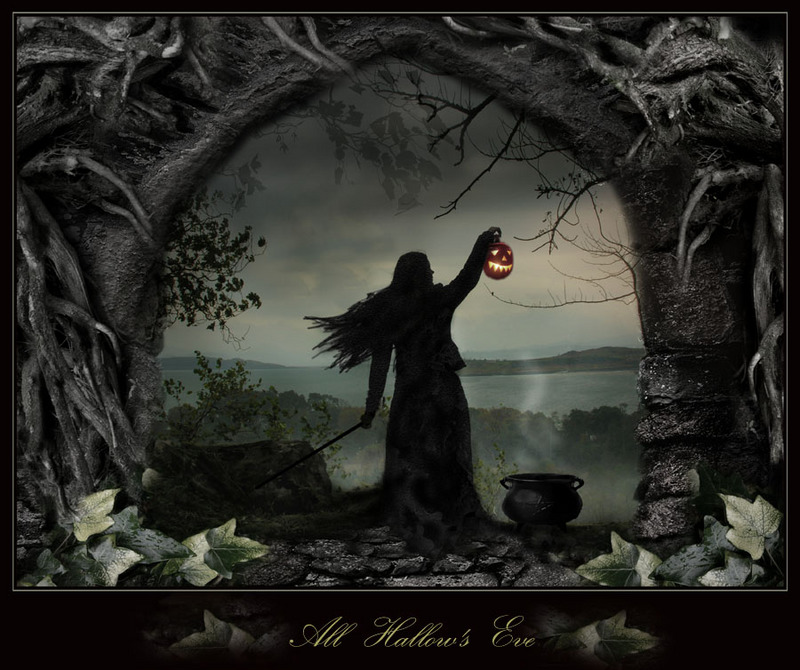
Seeing Stars III
read Part I; Part II III. Day of the Dead When I come inside from lighting the jack-o-lanterns, the boys are waiting for me. “When are we going to go?” Sam asks from behind the white sheet of his ghost costume. “Yeah, let’s go,” says pirate Matt, swinging his pumpkin-shaped candy bag. He is eight and…
-

Institute Report: Genesis Week 5 (corrected)
(We’re a few weeks behind here on the blog. I hope to catch up. Most important for my students: We WILL have Institute this week, contrary to what I said last Thursday.) Tonight we finished off Genesis 1 and introduced the second creation account in Gen 2. Had a few more people, so I started…
-
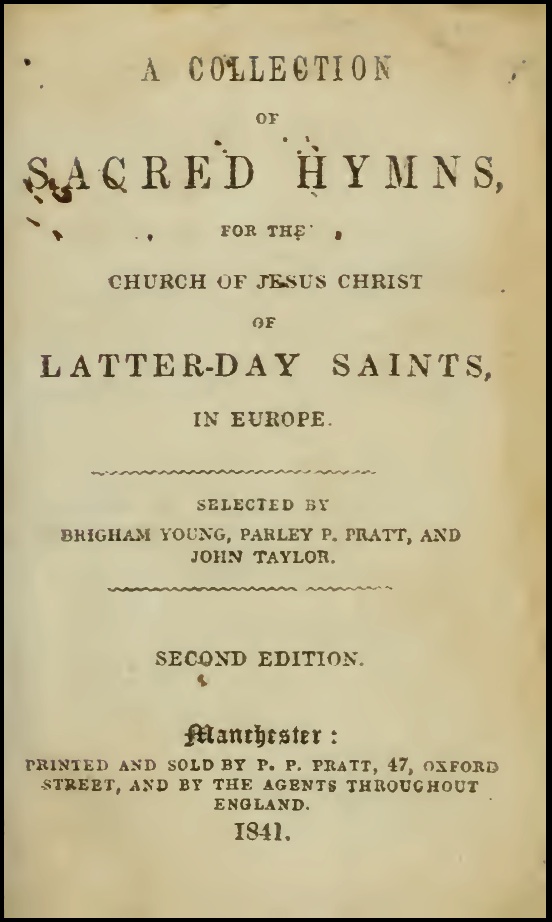
Literary BMGD #8: Twas on that dark, that solemn night
Active Mormons hear poetry about the atonement each Sunday in the sacrament hymn, so finding a poem to go with Jacob’s discourse on the atonement in 2 Nephi 9 isn’t too much of a burden. The hard part is finding something that isn’t already well known and is unique to Mormonism, which I’ve generally tried…
-

The Not-So-Great Apostasy
I have seen several notices publicizing an upcoming conference at BYU, Exploring Mormon Conceptions of the Apostasy. Sounds interesting, particularly in light of the one-paragraph blurb stating goals for the conference, which challenges rank and file members of the Church as well as scholars to reconsider LDS views of “the Great Apostasy”: Examining claims of…
-
Exploring Romney’s Tax Return
Like most people who’ve looked at Romney’s return, I have to say: there’s nothing terribly interesting there. Okay, let me walk that back: there’s a lot of hugely interesting things, if you’re interested in all the many ways a person can earn income, and all the many forms a taxpayer has to fill out when…
-
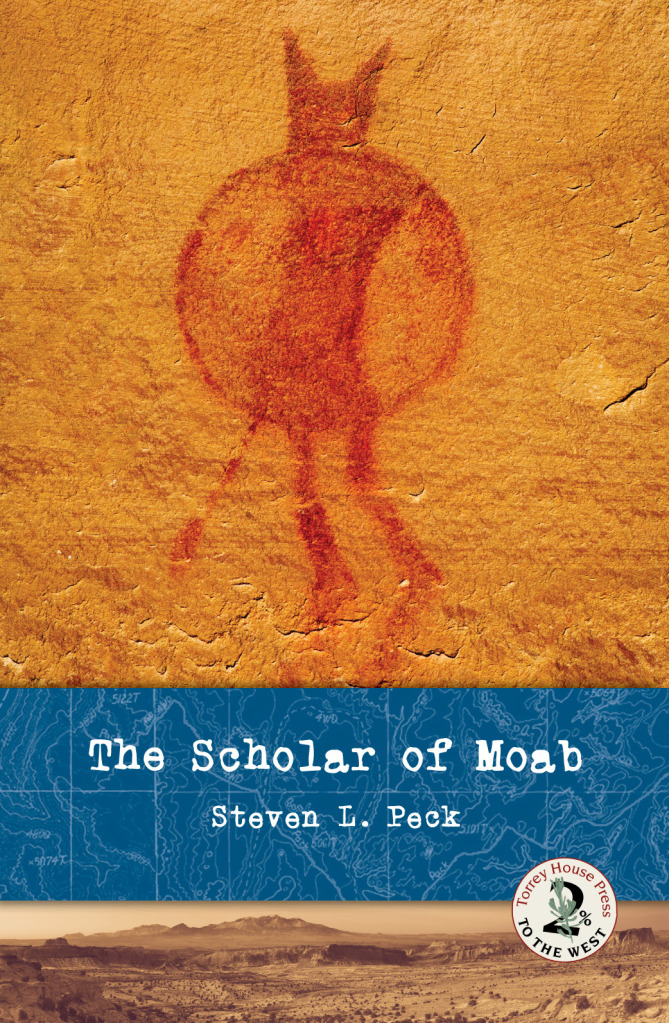
-
Sex as Truth
Joseph Spencer, in his encouraging response to Taylor Petrey’s Dialogue article, “Toward a Post-Heterosexual Mormon theology,” makes the following claim:
-

A Missionary Reminiscence on Christmas
When the mission president announced to our small group of greenies that I was going to Strasbourg, I shrugged the resigned shrug of a missionary who knew nothing about anywhere but was willing to go wherever. One of the sisters expressed jealousy; Strasbourg, she said, was one of the best cities in the mission. She…
-
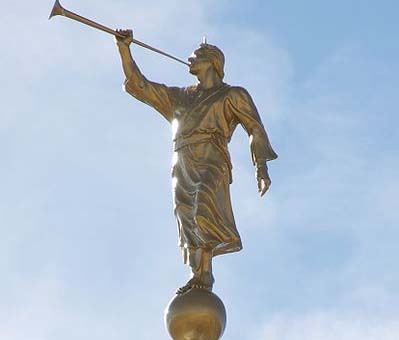
Why Bloom, et al are wrong
Harold Bloom’s recent NY Times article on Mormonism & politics was tremendously disappointing. The sheer volume of poorly (or dishonestly) researched writing on Mormonism this season is exhausting; and to get this sort of long worn-out, conspiracy minded expression of clichés from someone as well educated as Bloom is downright disheartening[1] (though to be fair,…
-
Halloween and the Extended Christmas Season
For me, Christmastime starts around the end of September, with the first hints of autumn coolness. It extends through Halloween, Thanksgiving, Christmas, and New Year’s, and ends sometime around mid-February. My calendar looks something like this: Christmastime (September through February) The Wet & Cold Season (March through May) The Hot & Dry Season (June through…
-
Mormons Do Care about the Earth
Mormons do care about the earth. We care about preserving, protecting, and maintaining it. We care about the earth because 1) We love God, 2) We care about other people, and 3) We believe in the intrinsic value of the earth.
-
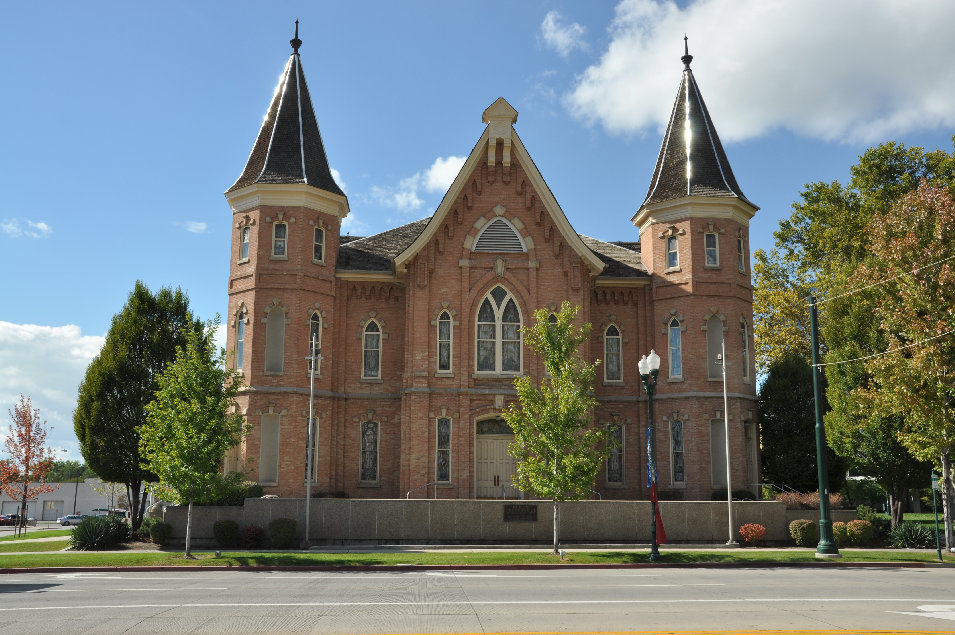
So what should the Provo Tabernacle/Temple be called?
With the announcement today that the Provo Tabernacle will be reconstructed and made into a Temple, I wondered what its official name will be? Or in other words, how will its name be different from the other Provo Utah Temple?
-

Creationism and LDS Seminary
It’s late September and LDS high school students really should be back at school … and back at seminary. This year’s course of study is the Old Testament, which covers (or has already covered) Genesis 1 and the Creation. I hope LDS seminary teachers can teach Creation without teaching Creationism. But I fear some LDS…
-
Evolving LDS views on homosexuality
As I mention in my companion post, recent news stories have disagreed about the idea that LDS views on homosexuality are evolving. The history of LDS views on homosexuality is complicated, and I can’t fully do it justice in a relatively short post, but I’ll at least try to hit the highlights. Here’s a sketch…
-
A Review of Grant Hardy’s Understanding the Book of Mormon
In On the Road with Joseph Smith: An Author’s Diary, we get a fascinating peek into Richard Bushman’s psyche during the time immediately after the publication of his monumental work, Joseph Smith: Rough Stone Rolling.
-
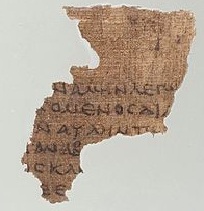
NT Sunday School Lesson 33: 1 Corinthians 1-6
Some background on 1 Corinthians (in addition to that given in the Bible Dictionary): The church at Corinth was founded by Paul in 51 A.D, and this letter was probably written in the early spring of 57. Corinth had a reputation for debauchery in the ancient world, and that in a world that was tolerant…
-
14.1 Million
In the comments to Dave’s post discussing Joanna Brooks’s discussion of myths about Mormonism, the conversation is getting hung up on whether her citation of 14.1 million members is disingenuous[fn1] or not. That discussion, I believe, misses the point.[fn2] Why? Baseline. First, because 14.1 million is as good a number as any. Sure, in a…
-
A Celestial Education?
Michelle Stone’s “Celestial Education” philosophy is seriously misguided and theologically dangerous.
-

defining ‘Oh My Heck’
So, is “oh my heck” really a Mormon term? If you hear someone use it, can you assume that they are Mormon? Do Mormons use it more than others? And where did it come from anyway? [I apologize to anyone offended by the use of profanity in this post. I’ve only used it when necessary.…
-
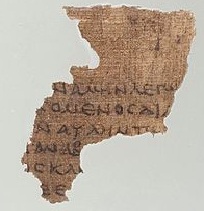
NT Sunday School Lesson 15: John 7-8
WARNING: Longer than usual notes. I agree with the generally accepted scholarly conclusion that John 7:53-8:11 is a later insertion into the original text. So I will deal with John 7:1-42 and John 8:12-59 as one narrative, the story of what Jesus does at the feast of the tabernacles. Then I will deal with the…
-
Sunday Afternoon Session
President Eyring conducted the last session of this April 2011 General Conference. Speakers included Elder Scott, Elder Christofferson, Carl B. Pratt, Lynn G. Robbins, Benjamin De Hoyos, C. Scott Grow, and Elder Holland. Readers are invited to leave a comment with their overall reaction to Conference and their sense of the general themes stressed by…
-
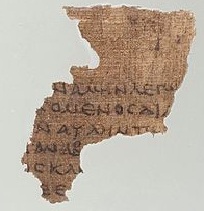
NT Sunday School Lesson 14: Matthew 18; Luke 10
Matthew 18 Verses 1-4: Why do the disciples ask the question that they pose in verse 1? What does it suggest about their understanding of Jesus’ message? What do you make of the fact that they are arguing about who shall be first so shortly after Jesus has talked about his coming death (Matthew 17:22)?…
